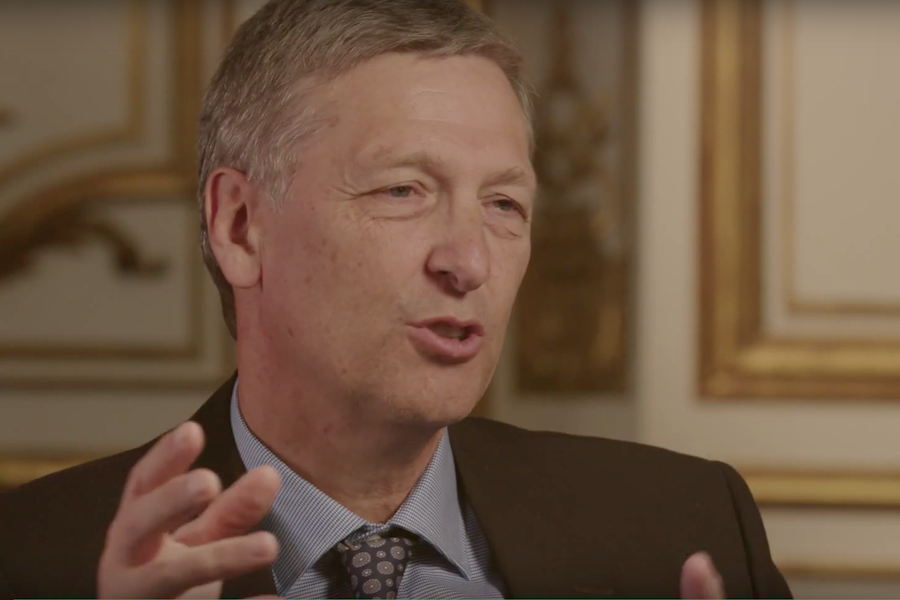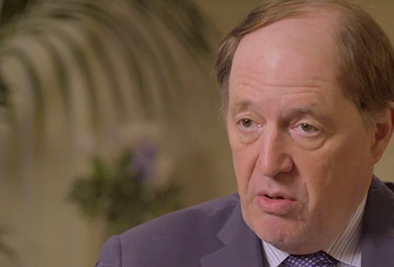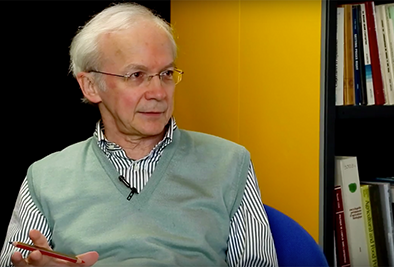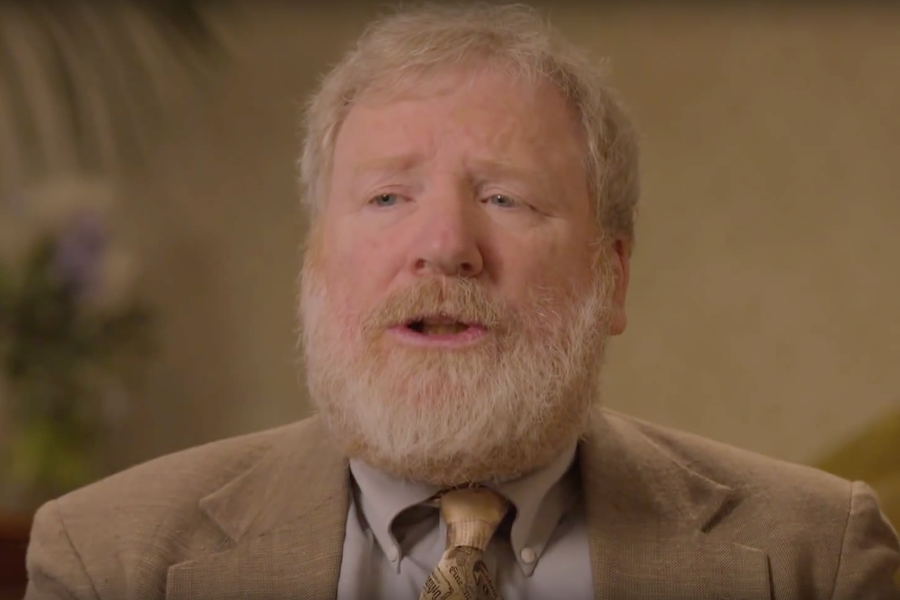Auerback has over 20 years of experience in the investment management business. He served as a director and global portfolio strategist for the Canada-based fund management group Pinetree Capital. He also was head of economic research for Madison Street Partners, a Denver-based investment management group, and he worked as an economic consultant to PIMCO, the world’s largest bond fund management group. In addition, Auerback is a Research Associate at the Levy Economics Institute of Bard College and a Research Fellow for the Economists for Peace and Security. (http://www.epsusa.org)
Previously, Auerback managed the Prudent Global Fixed Income Fund for David W. Tice & Associates and assisted with the management of the Prudent Bear Fund. He also worked as an international economics strategist for Veneroso Associates, which provided macroeconomic strategy to a number of leading institutional investors. Prior to that, Auerback ran an emerging markets fund for Tiedemann Investment Group in New York. He began his finance career as an investment manager at GT Management, focusing on the markets of Japan, Australia, and the Pacific Rim, while based in Hong Kong and then Tokyo.
Auerback graduated magna cum laude from Queen’s University in Canada and received a post-graduate masters degree from Oxford University.
Marshall Auerback

By this expert
Featuring this expert
Curriculum Reform & Rethinking Economics

Marc Lavoie discusses the methodological foundations of heterodox economics, and offers a very different model of money and credit, firms and pricing, consumer theory, effective demand and employment and growth theories.
Governing With A Higher Purpose To Spur Innovation

How can the state manage its central role in the innovation economy if the state itself has become an instrument for facilitating corporate predation?
Fixing The Eurozone Architecture

Has the euro experiment largely failed to meet the needs of the people who use it? If so, what can be done? Andrea Terzi suggests innovative ways to repair the Eurozone’s flawed fiscal architecture.
